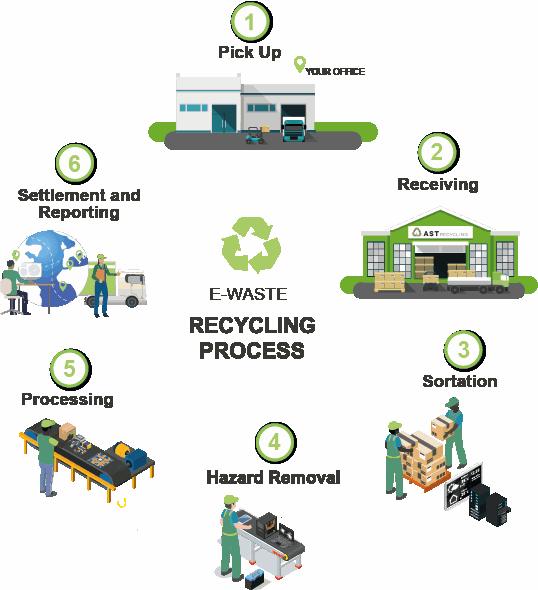MINE WASTE MANAGEMENT
The future for sustainable mining
lies in circular thinking The circular economy (CE) is not a new concept, but has been growing in impor tance, recently promoted by influential organisations such as the Ellen MacAr thur Foundation and the World Economic Forum. In our current economy, we take materials from the ear th, make products from them, and eventually throw them away as waste – the process is linear. In a circular economy, by contrast, we stop waste being produced in the first place. The circular economy is based on three principles, driven by design. First eliminate waste and pollution, then circulate products and materials at their highest value, and finally regenerate nature. It is underpinned by a transition to renewable energy and materials. A circular economy decouples economic activity from the consumption of finite resources. It is a resilient system that is good for business, people and the environment. Africa is endowed with abundant mineral resources, including gold, silver, copper, uranium, cobalt, and many other metals that are key inputs to manufacturing processes around the world. However, extracting those precious resources from the ground comes at an environmental cost that is increasingly
A more for ward-looking and less accessible solution to reducing resource consumption and recycling waste is designing smar t mines with the environment in mind. By Mark Venables*
M
ining and the circular economy are not phrases that traditionally fit in the same sentence but in a decarbonised world more minerals and metals will be required, not less. Mining is not typically associated with visions of a circular economy. But if the world is to transition to a lowcarbon future, more minerals and metals will be required, not less. This shift will require vast volumes of copper, lithium, cobalt, platinum, chrome and manganese.
16
M AY 2 0 2 2
|
ReSource
coming under scrutiny and that is where circular thinking can play a huge par t.
The benefits of a circular economy The African Circular Economy Alliance (ACEA) is a government-led coalition of African nations with a mission to spur Africa’s transformation into a circular economy that delivers economic growth, jobs and positive environmental outcomes. By adopting CE principles, Africa’s mining industr y can seize oppor tunities to reduce costs while also mitigating risks associated with shifting consumer and investor preferences, and new regulations and standards. According to a repor t, Increasing Circularity in Africa’s Mining Sector, produced by the ACEA, given the economic contribution of mining to African countries, CE would significantly contribute to creating a sustainable mining industr y. For countries that depend on mining as the primar y economic activity, it contributes considerably to their foreign earnings. For example, mining in Botswana has accounted for roughly 85% of national foreign exchange earnings, 33% of government revenue, and 25% of GDP for the past four decades. Given the economic contribution of mining to African countries, the mining industr y has a critical role to play in suppor ting the transition to a circular economy. As we move along the energy transition and the demand for Africa’s mineral wealth increases, adopting a CE strategy can assist





















